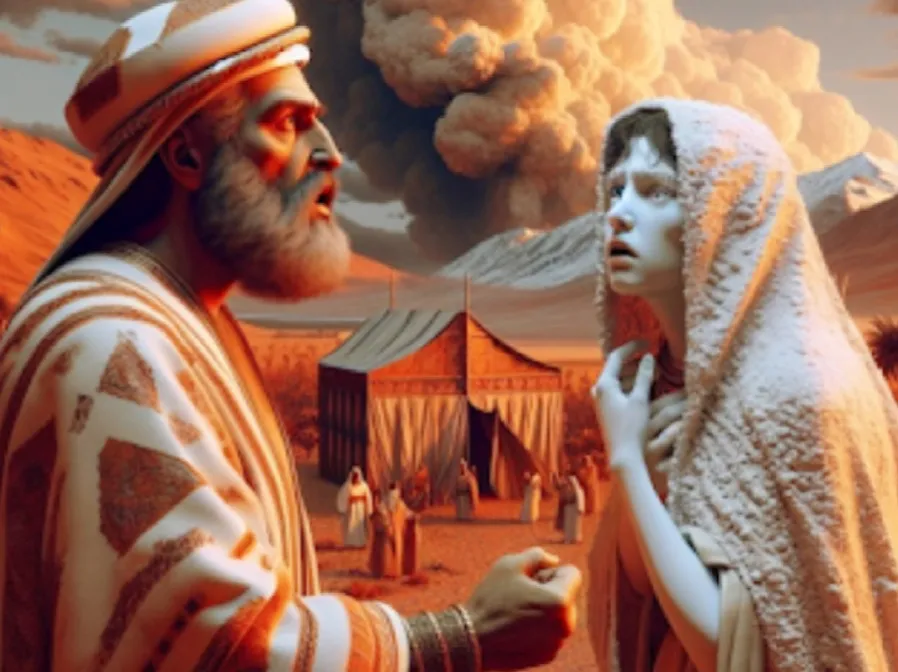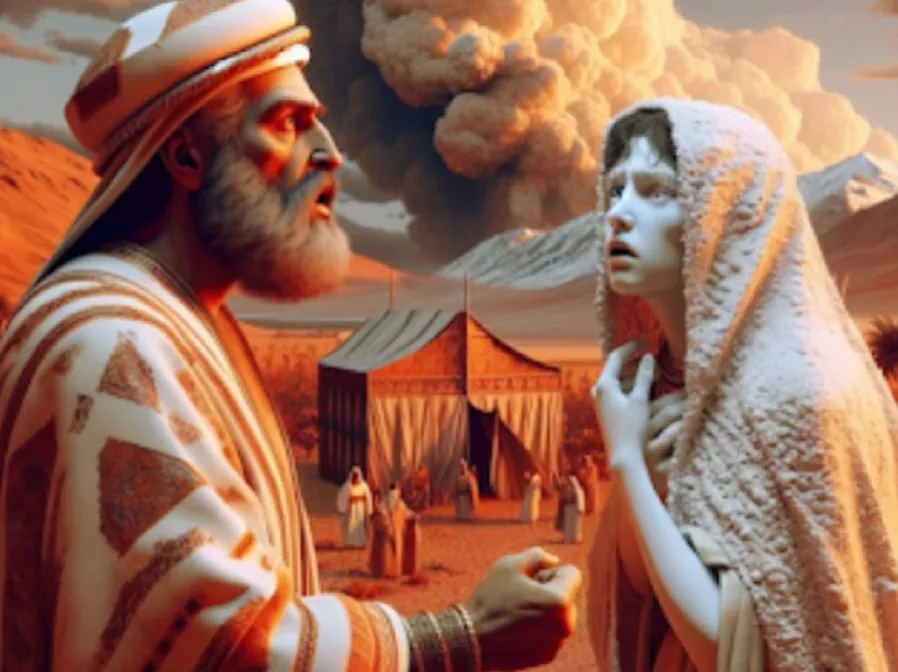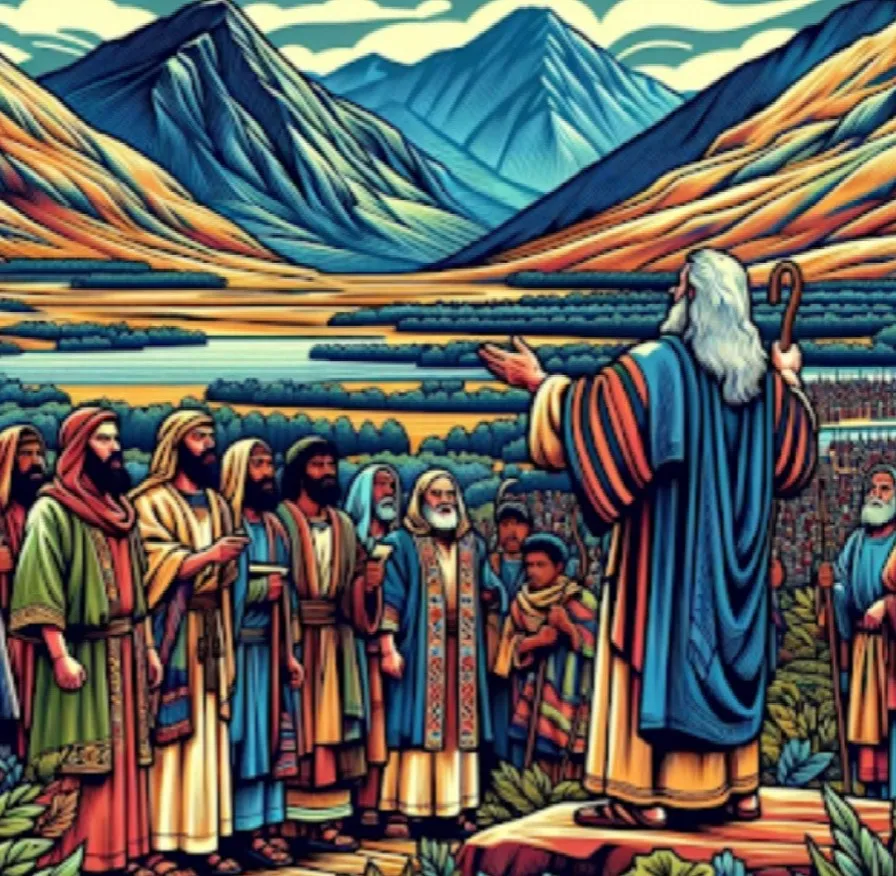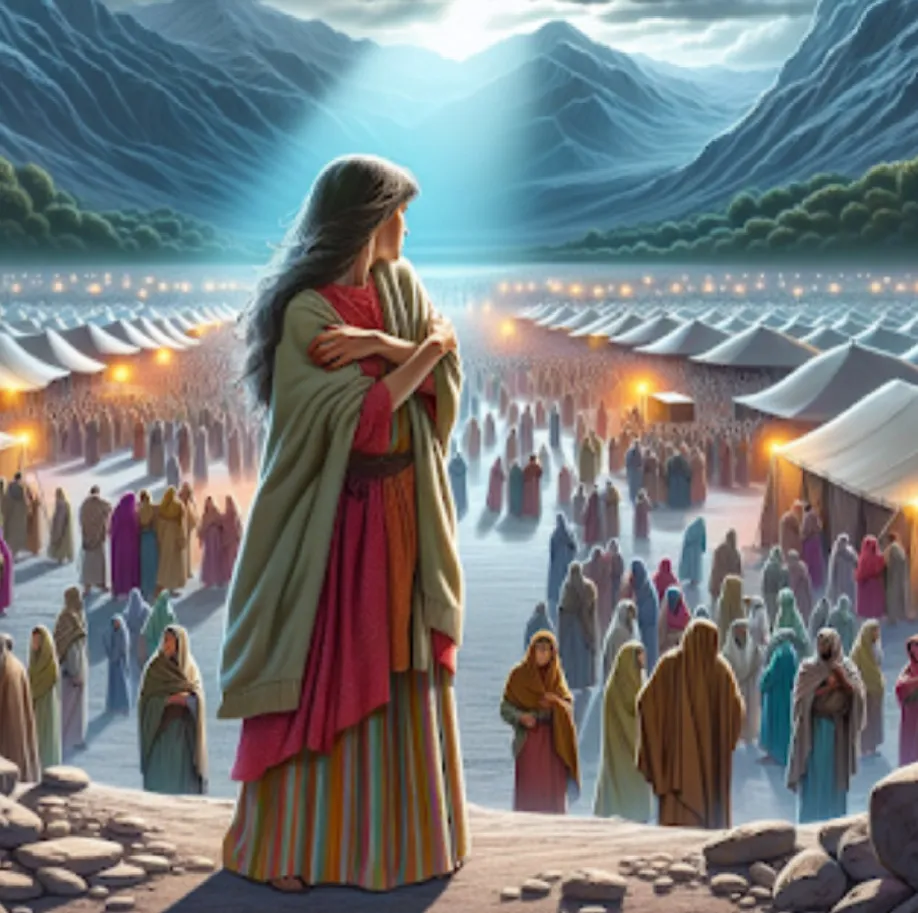What Led to Miriam’s Leprosy?

SHARE
Miriam is one of the most memorable women in the Old Testament. She was the sister of Moses and Aaron, and her story is interwoven with Israel’s deliverance from Egypt. In Exodus 15:20–21, she is introduced as “Miriam the prophetess, the sister of Aaron,” who led the women of Israel in singing and dancing after God parted the Red Sea.
This moment highlights her role as a leader, a worshipper, and a woman of influence among God’s people. Yet later in her life, Miriam experienced a severe judgment that left her with leprosy. What caused this?

The incident is recorded in Scripture, Numbers 12:1–2, which says:
“Then Miriam and Aaron spoke against Moses because of the Cushite woman whom he had married, for he had married a Cushite woman. And they said, ‘Has the Lord indeed spoken only through Moses? Has He not spoken through us also?’ And the Lord heard it.”
Here, Miriam’s dissatisfaction became evident. She and Aaron criticized Moses on two fronts: his marriage to a Cushite woman and his unique role as God’s chosen leader. This was more than just a family disagreement—it revealed jealousy and pride. Miriam, who once led songs of praise, allowed discontent to grow into rebellion against the authority God had established.

God’s response was swift and direct. In Numbers 12:5–8, the Lord descended in a pillar of cloud, summoned Miriam and Aaron, and reminded them of Moses’ special relationship with Him:
“Hear now My words: If there is a prophet among you, I, the Lord, make Myself known to him in a vision; I speak to him in a dream. Not so with My servant Moses; he is faithful in all My house. I speak with him face to face, even plainly, and not in dark sayings; and he sees the form of the Lord. Why then were you not afraid to speak against My servant Moses?”
This confrontation made clear that Miriam’s challenge was not simply against Moses but against God Himself. As soon as the Lord departed, judgment fell:
“And when the cloud departed from above the tabernacle, suddenly Miriam became leprous, as white as snow.” (Numbers 12:10)
Why was Miriam, and not Aaron, struck with leprosy? Scripture does not explicitly say, but many believe Miriam was the instigator of the complaint. She was the first named in verse 1, which may suggest she led the rebellion. God, in His justice, made her an example of the seriousness of pride and rebellion.

Yet even in judgment, we see mercy. Aaron interceded for her, pleading with Moses, “Oh, my lord, please do not lay this sin on us” (Numbers 12:11). Moses, known for his humility, cried out to God, “Please heal her, O God, I pray!” (Numbers 12:13). Though Miriam was healed, she had to remain outside the camp for seven days, a public reminder of the consequences of sin.
Miriam’s leprosy teaches us an important lesson: God opposes pride and jealousy but responds to humility and repentance. As Proverbs 16:18 warns, “Pride goes before destruction, and a haughty spirit before a fall.” Miriam’s story is a sobering call to honor God’s chosen leaders and to guard our hearts from envy.
*Cover Photo/Thumbnail Photo from bibleart.com
RELATED ARTICLES

Christians Point to Jesus after Musk’s Tweet










